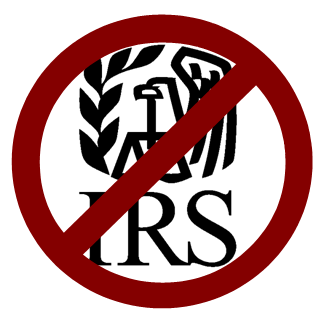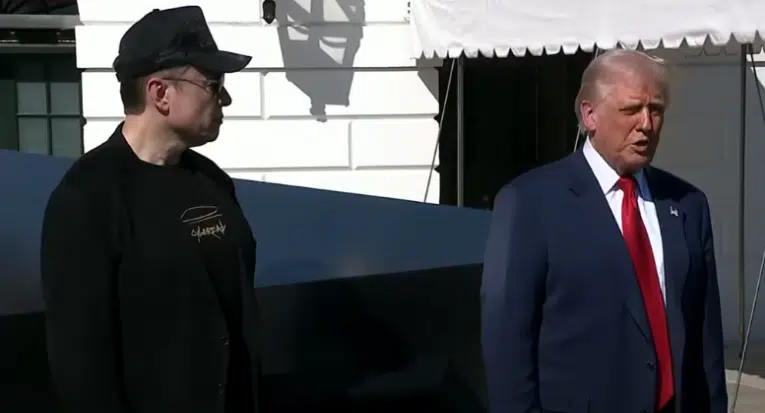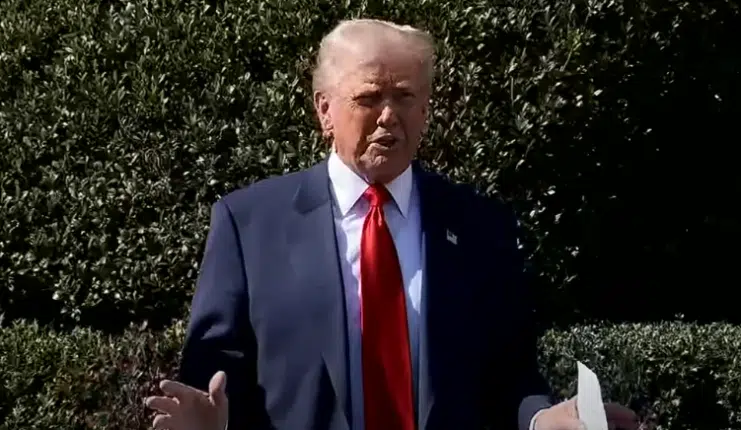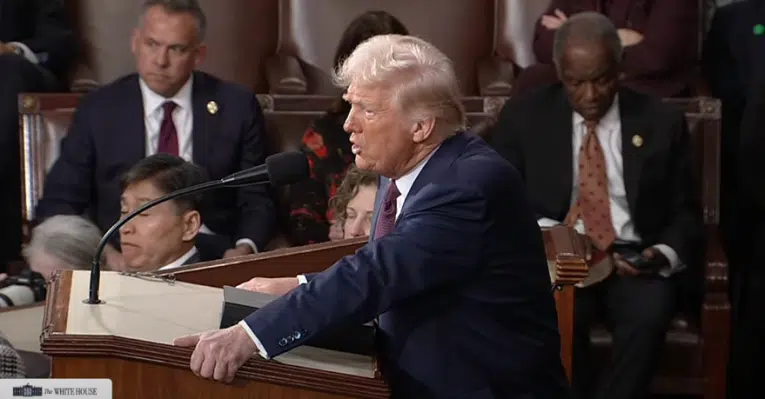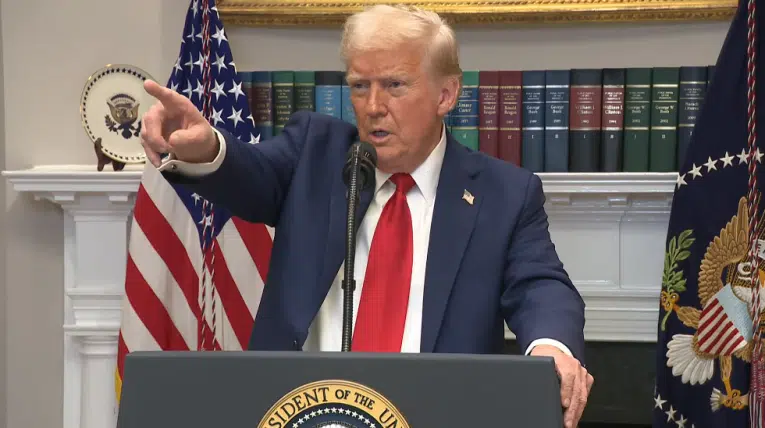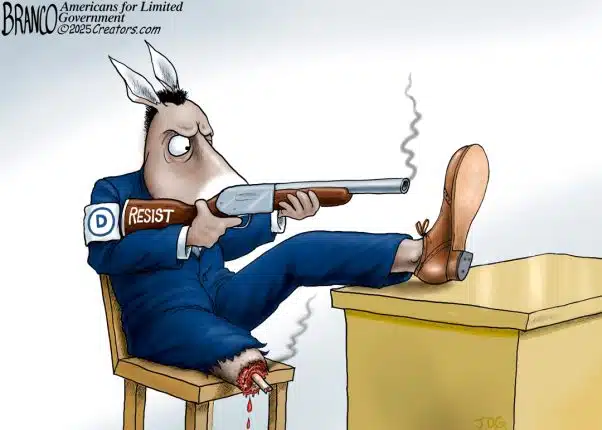Senate Finance Committee Chairman Max Baucus (D-MT) in a 2010 letter requested that then-Internal Revenue Service (IRS) Commissioner Douglas Shulman deeply investigate 501(c) non-profit political organizations.
The letter called on Shulman to “survey major 501(c)(4), (c)(5) and (c)(6) organizations involved in political campaign activity to examine whether they are operated for the organization’s intended tax exempt purpose and to ensure that political campaign activity is not the organization’s primary activity” and to “to determine whether they are acting as conduits for major donors advancing their own private interests regarding legislation or political campaigns, or are providing major donors with excess benefits.”
In his own letter to Senate Majority Leader Harry Reid and Minority Leader Mitch McConnell, Americans for Limited Government President Nathan Mehrens noted, “Considering the invasive questions the IRS was asking the targeted organizations, it appears that Sen. Baucus got exactly what he asked for, which was a witch-hunt.”
Baucus’ letter also instructed Shulman that “Possible violation of tax laws should be identified as you conduct this study. Please report back to the Finance Committee as soon as possible with your findings and recommended actions regarding this matter.”
Baucus specifically referenced a Sept. 16, 2010 Time article, “The New GOP Money Stampede” reporting that “Democrats fear [what] could be a $300 million Republican spending blitz this year.” The story detailed allegations that local tea party groups were actually “shadow Republican groups formed by longtime party officials.” The article referenced the tea party, but also American Crossroads, American Action Network, and the U.S. Chamber of Commerce as forming a wider campaign front for the 2010 Republican election campaign effort, financed “in the form of secret undisclosed contributions.”
Baucus also referenced “a group transforming itself into a non-profit under 501(c)(4) of the tax code,” ensuring, as the Time article put it, that the group would “not have to publicly disclose any information about its donors.” That “group” Baucus referenced was actually Crossroads GPS.
“The Time article Baucus so prominently referenced was all about the financing of Republican election efforts and right of center political and advocacy organizations,” Mehrens noted in his letter, adding, “It did not scrutinize any left-wing groups. Nor did Baucus include in his letter to Shulman any footnotes to articles that detailed Democrat campaign activities or left of center groups. The implicit task was to investigate the political right from start to finish. And that’s exactly what the IRS did.”
Yesterday, Baucus issueda statement suggesting “Targeting groups based on their political views is not only inappropriate but it is intolerable, promising a “full investigation into this matter by the Senate Finance Committee.”
But that is not possible, Mehrens said, considering Baucus’ letter to Shulman. “Senate Democrats were complicit in the IRS scandal targeting the tea party and other groups, per Baucus’ explicit letter to Shulman. The Senate majority must therefore recuse itself from any ensuing investigation in order to ensure that the public’s trust in the inquiry’s findings is not tainted.”
The only good option, Mehrens wrote, was for Senate leaders to call on Attorney General Eric Holder to appoint a special counsel to prosecute the case. “Just as the Senate majority cannot be trusted to investigate its own complicity in this affair, neither can the Obama Administration.”
He concluded, “These targeted attacks by the IRS were not about restoring ‘transparency’ to our political process, they were a part of a brazen partisan assault using the instrumentalities of the state to harass political opponents and stifle dissent to achieve a partisan end. It is beyond Nixonian in its flagrant disregard for the rule of law. Only a special counsel can get to the bottom of this.”
Mehrens joined others, including the Republican Governors Association, who today also demanded a special prosecutor be appointed.
Robert Romano is the Senior Editor of Americans for Limited Government.


